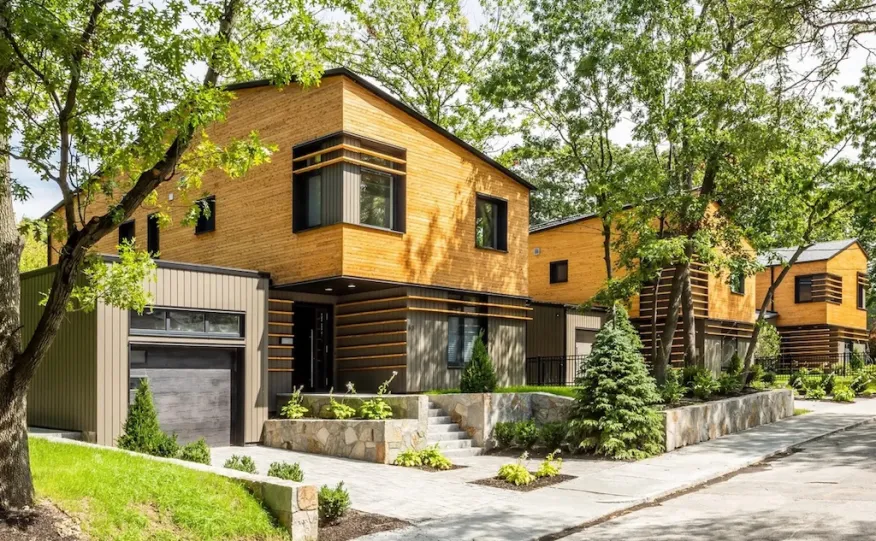When hosting on Airbnb, understanding how to protect your property is crucial. One effective way to ensure security is through the use of a damage deposit. This Airbnb damage deposit guide will help hosts and property managers navigate the complexities of securing their rentals.

What is a Damage Deposit?
A damage deposit is a sum of money that guests pay upfront to cover any potential damages during their stay. This deposit acts as a financial safeguard for hosts, ensuring that their property is protected against unforeseen incidents.
Why is a Damage Deposit Important?
A damage deposit is vital for several reasons. Firstly, it serves as a deterrent for careless behavior by guests. Knowing that they have a financial stake in maintaining the property encourages guests to treat the space with respect. Additionally, it provides hosts with peace of mind, knowing that they have a safety net in place.
How Much Should You Charge?
Deciding the amount for a damage deposit depends on several factors, including the value of your property and the risk of potential damage. A common practice is to set the deposit at 10-20% of the total booking cost. However, unique properties with high-value items may require a higher deposit.
Setting Up a Damage Deposit on Airbnb
Airbnb allows hosts to set a damage deposit through their platform. To do this, navigate to your listing page, select ‘Pricing’, and then ‘Security Deposit’. Follow the prompts to set your desired deposit amount.
Communicating with Guests
Transparency is key when it comes to damage deposits. Clearly communicate the deposit amount, conditions, and refund process in your listing description. Contact guests directly through Airbnb’s messaging system to reiterate these details before their arrival.
Handling Damage Claims
If damage occurs, hosts must file a claim through Airbnb’s Resolution Center within 14 days of the guest’s checkout or before the next guest checks in, whichever comes first. Provide detailed evidence, such as photos and repair estimates, to support your claim.
Resolving Disputes
In the event of a dispute, Airbnb will mediate between the host and guest. It’s essential to remain calm and professional throughout the process. Provide any additional information requested by Airbnb to expedite the resolution.
Best Practices for Preventing Damage
While damage deposits offer protection, prevention is always preferable. Consider implementing house rules that discourage risky behavior. Regularly inspect your property and address any maintenance issues promptly.
Insurance Options
Beyond damage deposits, consider investing in comprehensive insurance for your rental property. This coverage can provide an additional layer of security and peace of mind.
Conclusion
Utilizing a damage deposit is an effective strategy for safeguarding your Airbnb property. By setting a reasonable deposit amount, clearly communicating with guests, and understanding the claims process, hosts can ensure their property remains protected.

FAQs
What if a guest refuses to pay the damage deposit?
If a guest refuses to pay the damage deposit, you can cancel their reservation without penalty. Always ensure that deposit terms are clear in your listing.
How long does it take to receive a damage deposit refund?
Airbnb typically releases the damage deposit refund within 14 days of checkout, provided there are no claims.
Can I charge a damage deposit for all types of properties?
Yes, Airbnb allows hosts to set a damage deposit for any type of property. Customize the deposit amount based on your property type and risk factors.
For more insights on managing your Airbnb property, you can check out this Airbnb noise policy and learn about maintaining a peaceful environment. Additionally, explore this guide on maintaining cleanliness to uphold the quality of your rental. For more information on Airbnb strategies, visit our comprehensive pest inspection checklist.
This article contains affiliate links. We may earn a commission at no extra cost to you.




